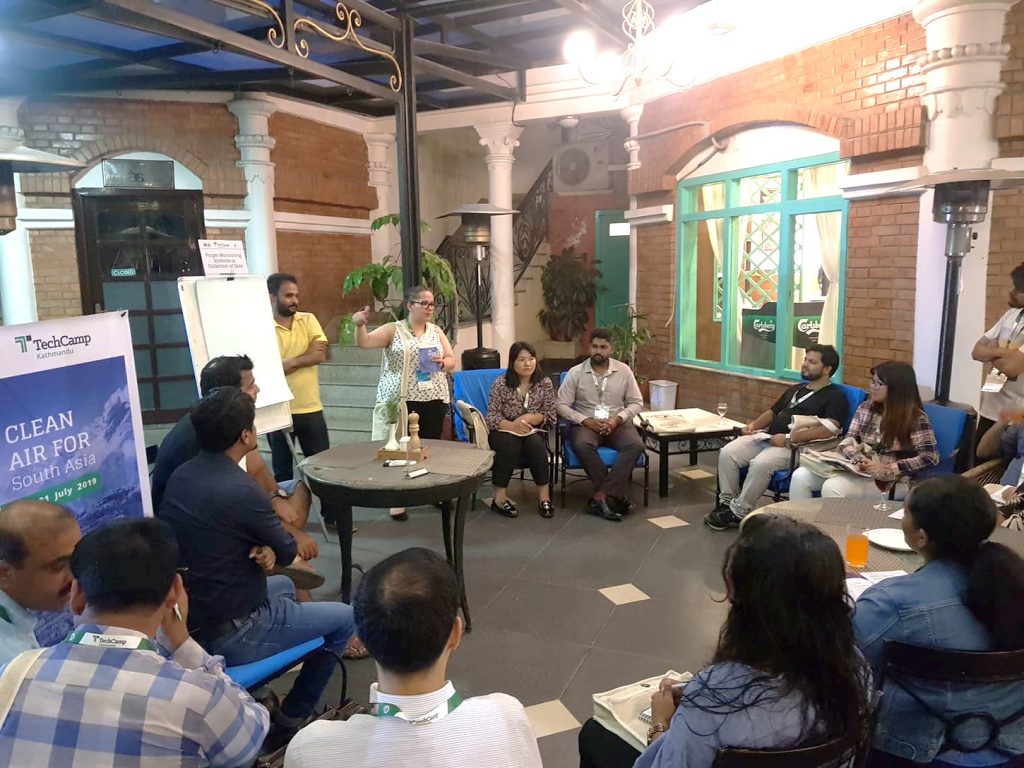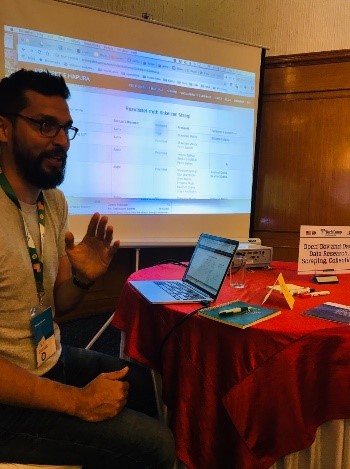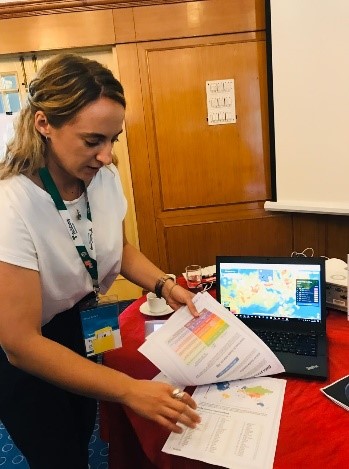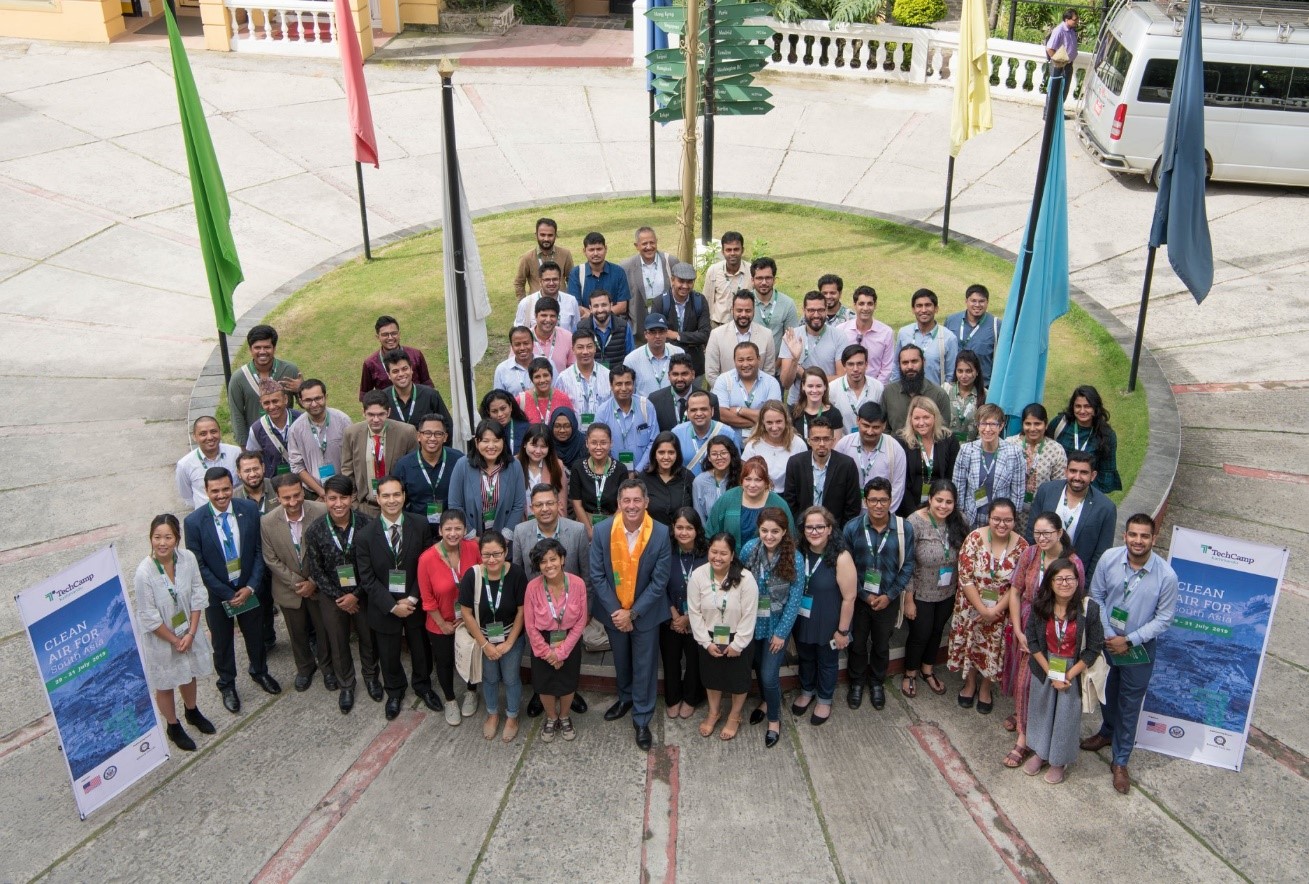The U.S. Embassy in Nepal, in partnership with Kathmandu Living Labs, organized a two-day South Asia Air Quality Tech Camp on July 30-31st.
U.S. Embassy in Nepal, in partnership with Kathmandu Living Labs, organized a two-day South Asia Air Quality TechCamp on July 30-31st, accompanied with world-class trainers and 60 participants from seven South Asian countries: Nepal, Sri Lanka, Bangladesh, Bhutan, India, Maldives and Pakistan.

Photo: US Embassy Kathmandu/Flickr
The aim of the camp was to address political, social, and scientific facets of the problem and improve the ability of civil society, media, and other influencers to engage governments, empower the public and take action to improve air quality in South Asia.

“Air pollution does not respect national boundaries,” US Ambassador to Nepal, H.E. Randy W. Berry pointed out the regional cooperation required to solve the issue of air pollution.
Photo: US Embassy Kathmandu/Flickr
Participants and trainers from 10+ countries selected topics under, What’s the biggest challenge you face in your work on air quality?
- Reliable Data/Access to Data
- Regulations/Enforcement of Existing Regulations
- Proper Monitoring Systems or Collection of Data
- Awareness/Targeting the Right Audience
- Coordination: Among Stakeholders or Across Borders

Photo: Kathmandu Living Labs
We selected one topic with a challenge we identified in our work and dived into the first round of discussions. In Sri Lanka, we have monitoring systems based on BAM and Low-Cost Sensors. But we need to have a proper monitoring network combining the region.
“Speed Geeking”
We spent five minutes with each trainer in 14 small groups. The trainers shared their stories of using a particular technology/strategy to address air pollution.

Georges Labreche – Open Data Kosovo describing Open Government & Data: Data research, Scraping and Collection 
Chloe Parkin – IQAir AirVisual explaining low-cost air monitoring networks 
Gaurav Thapa – Secondary Cities Asia Hub explaining the Open Street Mapping.
Photos: Piushani Ellegala
Author: Ms Piushani Ellegala
